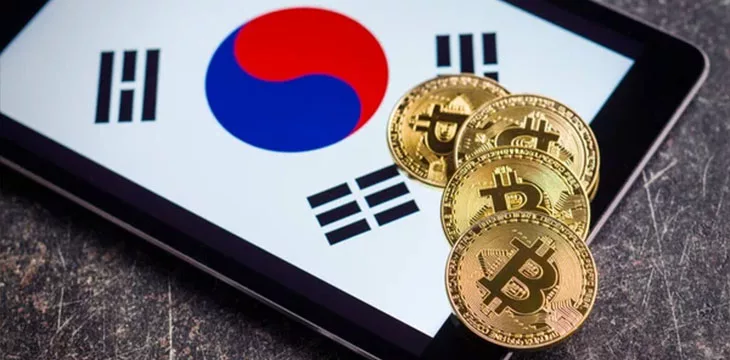|
Getting your Trinity Audio player ready...
|
As South Korea’s digital currency industry looks to put the chaos of 2022 firmly behind it, authorities are putting in place new guardrails to protect investors from black swan events.
Starting in September, all digital asset exchanges operating in South Korea with real-name local bank accounts are expected to earmark a minimum of KRW 3 billion ($2.3 million) for reserve purposes. The new rules, called the “Virtual Asset Real-Name Account Operation Guidelines,” received legislative backing in July after a push by the Korea Federation of Banks (KFB).
The new guidelines mandate service providers to keep 30% of their daily deposits as reserves with limits put in place for exchanges with large volumes. The KFB’s rulebook notes that the reserves required by digital currency exchanges operating real-name local bank accounts can soar as high as KRW 20 billion ($15 million),
The protections appear to target users who have completed the Know Your Customer (KYC) processes and have the same names on their fiat bank accounts as their digital currency exchange accounts.
“The specific size of at least 3 billion won was made clear with the announcement of the operating guidelines last month, but banks have been asking for a reserve fund ‘to the extent that there is no problem even if an accident occurs’ when signing a real-name account issuance contract,” said a digital currency exchange executive.
With barely a week to go for the rules to be enforced, South Korean exchanges are in a mad dash to achieve compliance. South Korea’s largest trading platforms have stated full readiness to meet the new requirements before the September deadline.
“We are preparing without a hitch in accordance with the guidelines of the Korea Federation of Banks,” said an Upbit spokesperson.
Gopax, Korbit, and Coinone have reiterated their support for the new rules, with Bithumb stating that it “will faithfully implement” the requirements.
While won market exchanges appear to have extensive liquidity to implement the new rules, coin-based exchanges are expected to face a rough patch in their attempts to meet the deadline, given their capital impairment.
A wave of new regulations
Investors in South Korea’s digital currency industry are bracing for an avalanche of new rules from several regulators. Starting in 2024, the country’s Financial Services Commission (FSC) will require exchanges to disclose their operating models, tokens, and internal accounting policies properly.
The KFB is also moving toward improved KYC rules for digital currency exchanges as an added layer to its existing reserve requirements. New regulations mandate all public officials to reveal the extent of their digital currency holdings, with the FSC updating its rulebook to encapsulate the new disclosure policy for employees.
Watch BSV Stories – Episode 1: Making Music with Bitcoin

 08-09-2025
08-09-2025 





